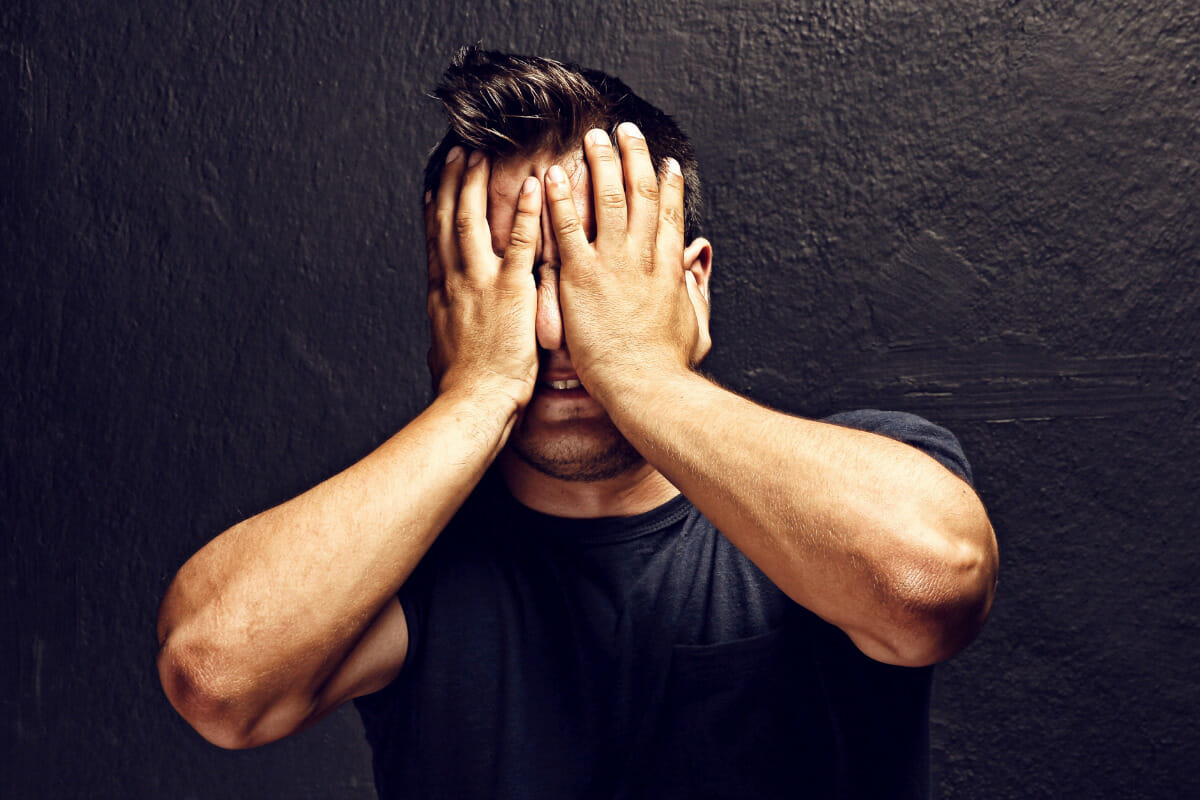Relapse happens. It’s a common part of the recovery process.1 While not every person in recovery relapses, a significant number do. Some people go back to consuming a substance many times before achieving long-term recovery. Others fall back into addiction after remaining clean or sober for years.
Many people feel like a failure after relapsing. You may feel burdened by guilt or shame. These feelings aren’t helpful. What does help is giving yourself grace. Recognize that relapse is a part of recovery, and it happens to many people. Something else matters a lot more: what you do after relapse.2
You have a choice. It can become a downward spiral back into active addiction or become a bump on the road to recovery. How you choose to respond afterward makes all of the difference in how your next chapter unfolds.
Remove the Substances
After relapse, the first thing you need to do is physically remove the temptation to keep using. This might mean dumping alcohol, flushing drugs, physically going to stay with a friend or loved one, or calling a treatment center.
Recognize how continuing to use will negatively impact your life, and take the steps suitable for you to remove the possibility of using again.
Reach Out for Help
Successful long-term recovery requires meaningful relationships. These could be with people you know from recovery support programs, friends and family who strengthen your recovery or a support network at a professional treatment facility.
Confiding in at least one trusted and understanding person can provide emotional release and help you find accountability as you recommit to remaining substance-free.
Assess What Went Wrong
If you don’t assess your relapse, you won’t learn from it. This puts you at risk of using it again. You can’t change the past. However, you have the power to change what happens moving forward. This is why assessing relapse is the most important step.
It doesn’t come out of anywhere. You can take action before it happens when you know the warning signs.
One way of understanding relapse is to view it as a progression from emotional to mental, and then finally physical.
Emotional Relapse Comes First
Emotional relapse happens first. You may not even think about using drugs or alcohol. However, if you’re not taking care of yourself mentally, physically, and emotionally, you unconsciously create an environment where relapse can happen.
Warning signs of emotional relapse include:
- Suppressing emotions instead of dealing with them
- Depression, anxiety, or numbness
- Isolation
- Drifting away from the community
- Allowing relationships to fall by the wayside
- Neglecting basic self-care
When you catch yourself falling into these types of habits, it’s crucial to take action by making healthy changes. These are warning signs. When you don’t listen, you find yourself dealing with mental relapse.
Get Help for Mental Relapse
Mental relapse means that drugs or alcohol are back on your mind. You haven’t slipped back into substance use, but you may experience:
- Strong cravings
- Recollecting times you used substances
- Justifying substance use
- Minimizing the effects substances have on your life
If you catch yourself struggling with serious cravings or trying to convince yourself that life wasn’t so bad in active addiction, you’re in trouble. Take action now by reaching out for help. Otherwise, the next step is physical relapse.
Physical Relapse Isn’t Failure.
Physical relapse is when you actively use drugs or alcohol again.3 It can be one isolated incident, or it might last days, weeks, or longer.
This doesn’t have to mean you’ve failed at recovery. The sooner you reach out for help, the faster you can get back on the road to recovery. Remember — you’ve done it before, and you can do it again.
After a physical relapse, you have to choose. Do you return to active addiction? Or is relapsing a temporary learning experience that can strengthen your long-term recovery? The choice is yours.
If you’ve fallen back into substance use even once, Silver Sands Recovery can help. Contact Silver Sands Recovery today to speak with a behavioral health specialist about getting help.
Sources:
[1] https://archives.drugabuse.gov/blog/post/say-what-relapse
[2] https://www.ncbi.nlm.nih.gov/pmc/articles/PMC4553654/
[3] https://nida.nih.gov/publications/drugs-brains-behavior-science-addiction/treatment-recovery
About the author:

Lisa Waknin is the Founder and Director of Silver Sands Recovery, located in Prescott, Arizona. Lisa started Silver Sands Recovery after immersing herself in the addiction treatment world for several years to figure out what could be done differently to help her daughter and others like her to overcome addiction and stay sober. She believes in a hands-on treatment approach, which includes taking someone out of their environment, providing a 90-day program in a structured environment. During treatment, clients not only recover physically but also learn to live their life again. Lisa is a sought-after expert speaker for recovery support groups, charities, schools, communities, and companies wanting to educate themselves on the explosion of opiate and heroin abuse in our country and the best way to understand, treat, and beat it.





